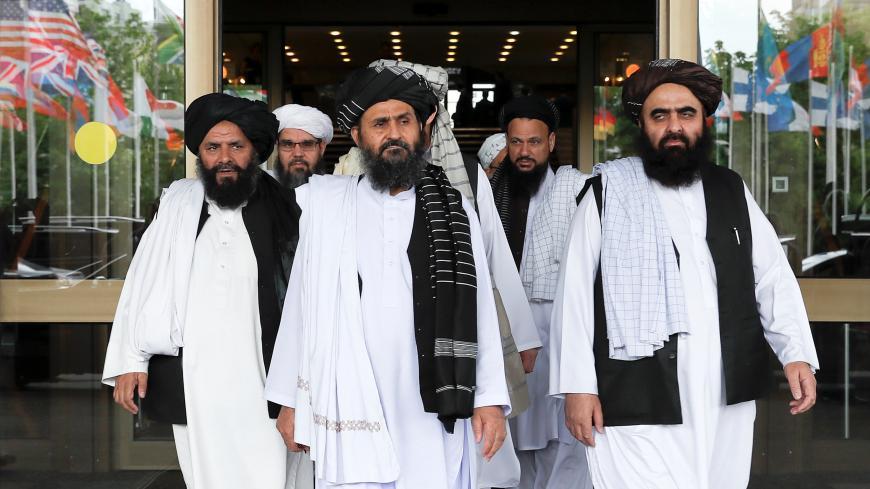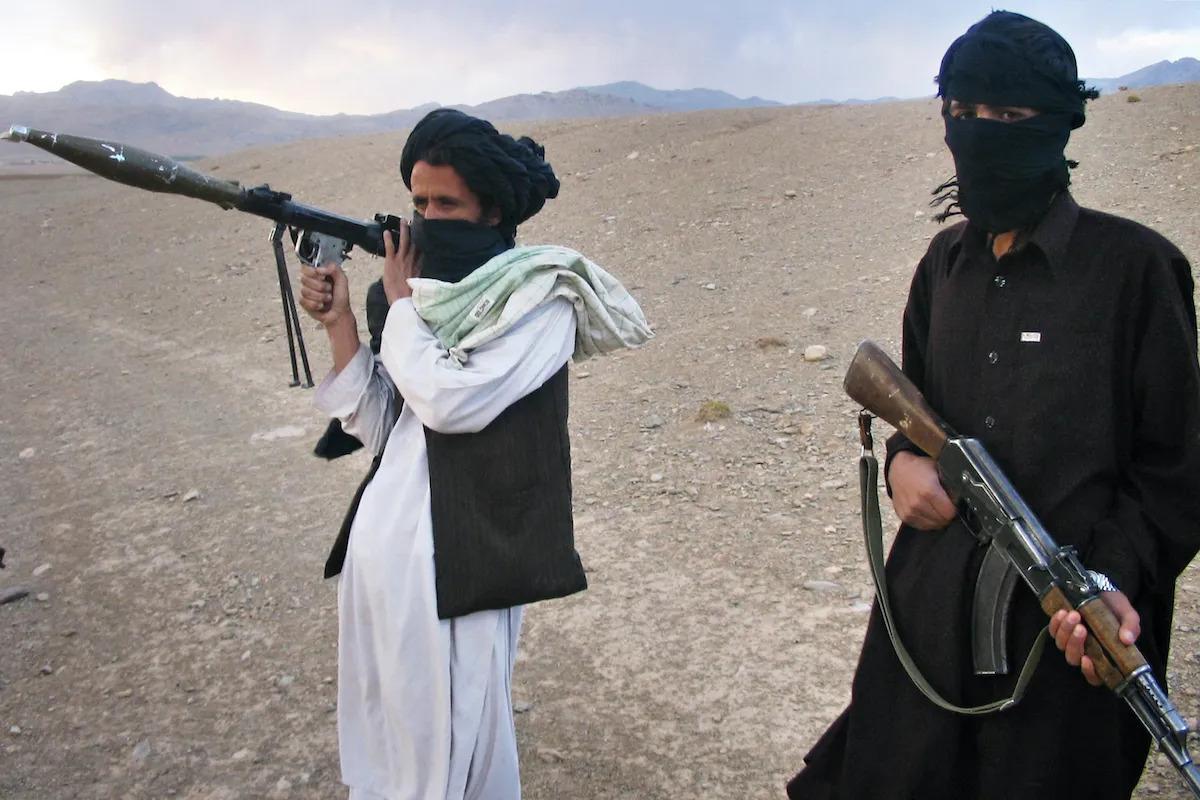The growing Iran-Taliban partnership is a good example of a pragmatic approach True friendship or miscalculation?
The return of Taliban rule over Afghanistan has had significant consequences for the region and international politics more broadly. For the Islamic Republic of Iran, Washington’s Afghanistan fiasco is about more than just the victory of the Taliban; it has been touted as confirmation that US policy in the Islamic world is doomed to fail.
The Iranian authorities have cautiously welcomed Afghanistan's new rulers, stressing that Tehran will base its policy on the Taliban's behaviour. Tehran seeks to establish a pragmatic relationship with the rulers in Kabul, even though Iran has not officially recognized the Taliban as the government of Afghanistan.
Since their rise to power, Tehran and Kabul cooperated on several issues, as the former provided the economically and politically vulnerable Taliban government with technical assistance. Moreover, recently, Taliban co-founder Mullah Abdul Ghani Baradar has visited Iran at the head of a senior delegation. Baradar met with several high-ranking officials in Tehran, focusing on economic and security issues.
Baradar's trip to Tehran highlighted the essence of a close partnership between the two nations, particularly in border and domestic security fields. For example, since 2022, the Taliban has deepened its cooperation with Iran in the border security field amid the rising activities of the so-called Islamic State (IS), a radical Sunni militant organization, alongside the uncontrolled border areas.
Iran and Afghanistan share a border that is about 950 kilometres long and difficult to secure. In places, it runs across high mountains and is not suited to deploying border guards.

During Baradar’s visit to Tehran, both parties signed five economic cooperation agreements related to transportation, civil aviation, mining and free trade zones. Moreover, Iran’s Roads and Urban Development Minister Mehrdad Bazrpash and his Taliban counterpart Mullah Hamidullah Akhundzada discussed expanding trade routes.
Indeed, the Taliban government desperately seeks new trade partnership options due to a shrinking economy and huge inflation in the war-torn country. Thus far, most of the meetings between the two have focused on a well-defined set of issues: border security and investment opportunities in sectors such as energy production, mining, agriculture, and railways.
Notwithstanding the close partnership, Iran-Taliban relations are not smooth and are plagued with several deadly incidents on the borderline. Since the resurgence of the Taliban to power in Afghanistan, an ongoing military confrontation has persisted between Taliban fighters and Iran's Islamic Revolutionary Guard Corps (IRGC) at the border separating the two countries.
Over the past two years, these confrontations have claimed the lives of military personnel and civilians on both sides, while each country accuses its neighbour of initiating gunfire.
Territorial and water disputes sparked the reason behind deadly skirmishes. On May 27, 2023, a volatile situation erupted along the Iran-Afghanistan border, leading to the unfortunate deaths of two Iranian border guards and one Taliban fighter. The issue of water scarcity has steadily morphed into a significant challenge for Iran, causing friction with its neighbouring countries. The severe water scarcity problems increasingly exacerbate this challenge with neighbours.

Given the context, the rise in armed conflicts involving the Taliban regime in Afghanistan was foreseeable. Despite diplomatic thaw, Iran accuses the Taliban of not allowing the waters of the Helmand River to flow into marshlands that straddle the border.
The fact that the Taliban and Iran ceased military actions in the border area hints at the idea that both sides are not further interested in igniting the fragile security but instead promoting pragmatic partnership. There are several core reasons for Iran's pragmatic approach, for example, the mounting number of Afghan refugees flooding Iran and the persisting presence of the Islamic State in its close vicinity.
Iran apprehends that to tackle critical issues at the border, it needs rapprochement with the Taliban government and its assistance. Thus, Iran would gradually become able to stop the influx of Afghans, resolve the water shortage problem, and focus on other crucial challenges, namely the situation around the Gaza operation.
Undoubtedly, Iran strives to strengthen the so-called "axis of resistance" to alleviate tensions in the Middle East, boost pro-Shia sentiments and unite major Muslim powers under the unique umbrella. However, partnership with the Taliban may repeatedly be questioned due to the ruling government's highly ethnocentric and monopolistic approach regarding the model of governance.
Despite Iran's tremendous efforts to establish an inclusive government in Afghanistan, the ruling Taliban government consists of ethnic Pashtuns, thus undermining the ethnic Shia's and other minorities' rights.








